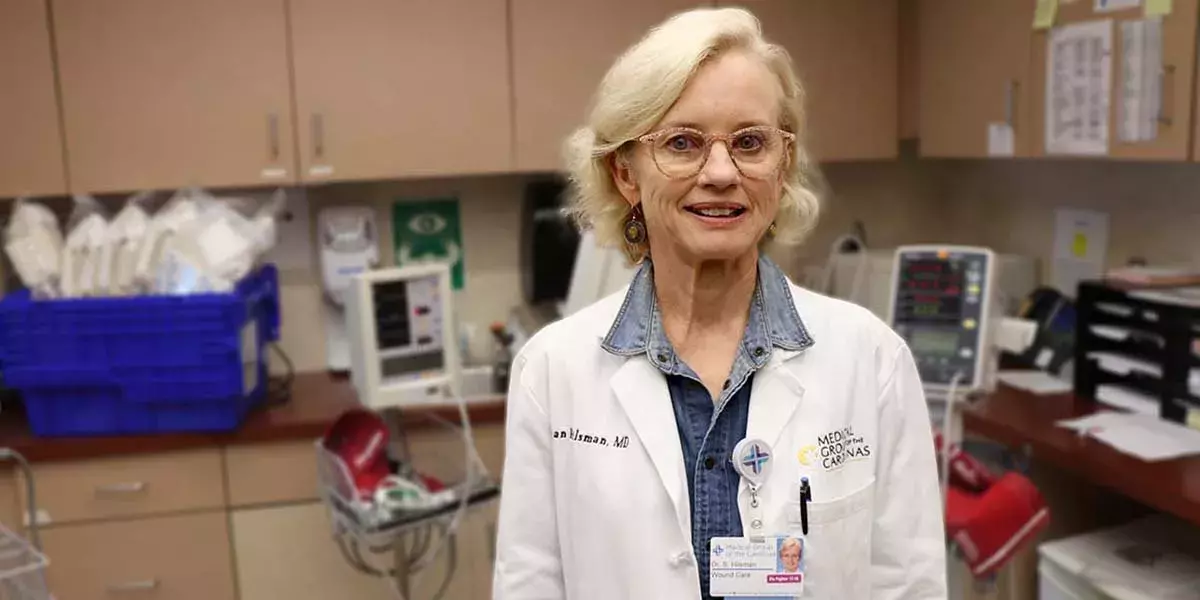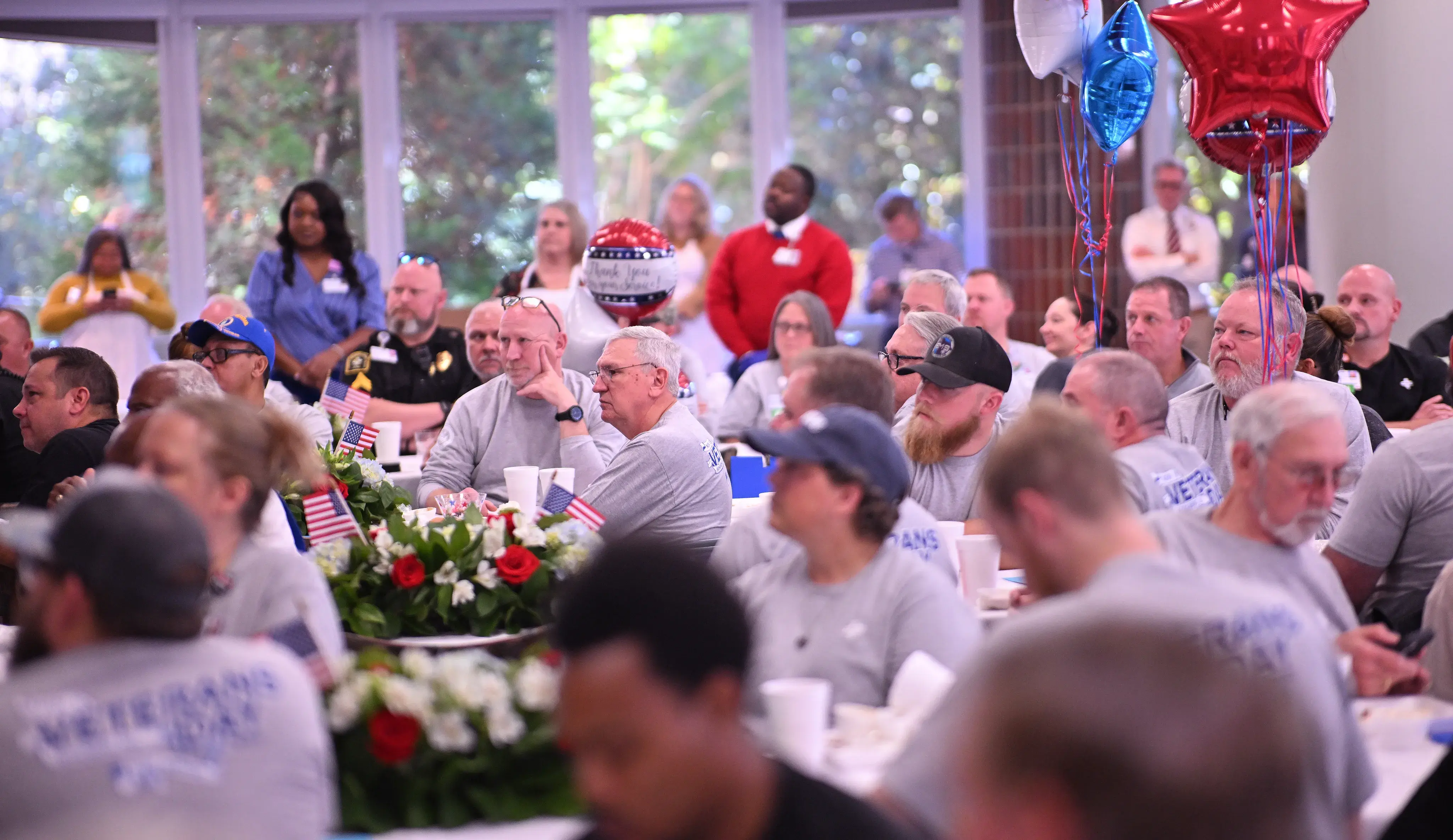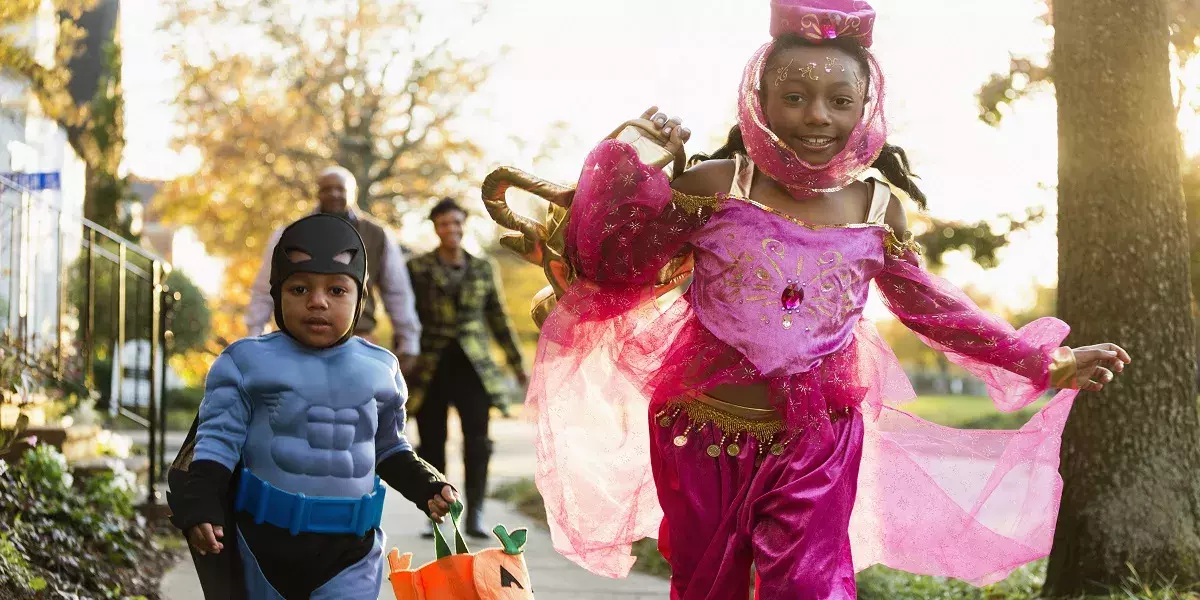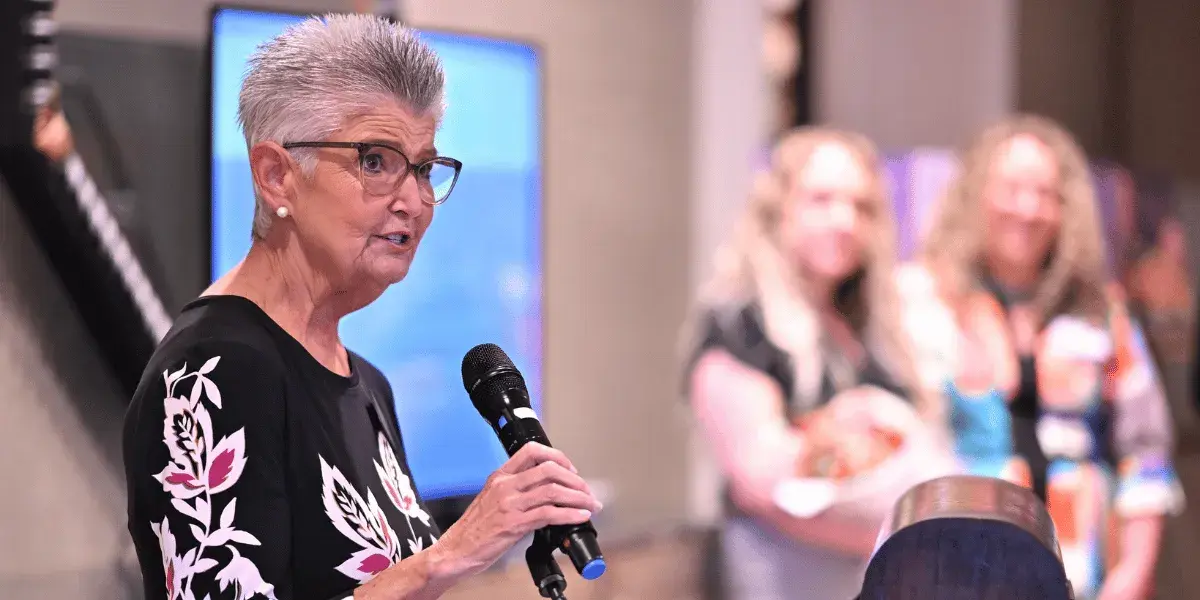
Doctors must find balance
If you would be a physician, you must first examine yourself.
Can you handle the physical and mental stresses that come with being a doctor? Can you balance home life and your calling as a healer?
These questions become more important to answer for women, who often face additional obstacles when juggling career, family and community.
Susan Hilsman, MD, does more than balance these different aspects of life – she contributes to the community as a teacher and guide for other physicians and medical students.
This September, Spartanburg Regional joins medical professionals across the United States to celebrate Women in Medicine Month.
Dr. Hilsman shared her thoughts about the challenges for women in medicine.
What inspired you to get into the field of medicine?
Historically women's participation in medicine has been restricted. In 1969, women were 9 percent of total U.S. medical school enrollment. By 1976, this had increased to 20 percent. By 1985, women constituted 16 percent of practicing physicians.
While women constitute more than half of medical school enrollment today, the practice remains disproportionately male overall.
These facts are relevant as background to the climate I grew up in. There were few female physician role models. When I expressed interest to our family doctor, he suggested I work as a candy striper, which I did for two summers at age 13 and 14.
In the summer of 1977, I attended governor's school at The College of Charleston (the early S.C. Governor's School was a nine-week summer program for 200 rising high school juniors and seniors).
There I went with Pamela Norman (now Dr. Pam Davenport, internist in Spartanburg) to interview Dr. Margaret Mohrmann, pediatrician with MUSC faculty. She inspired and guided us and remains a friend still.
What challenges have you faced throughout your career?
Challenges in medicine for any person, regardless of gender or ethnicity, are many. I have always wanted rewards to be based on merit (rather than getting special consideration for whatever reason), so perhaps I tried a bit harder.
To balance a career and family is a challenge, and for me this has meant getting used to the sense that nothing is ever finished, being able to delegate, being able to stop and adjust, continuously work to attain balance.
Staying positive and focused, and accepting imperfection is necessary to stay in the game.
What should women know before pursuing a career in medicine?
Women should know that they are entering a career that can be quite demanding of their time and energy, but also one which will afford some of the deepest satisfaction imaginable.
The physician can truly help her fellow man (and his family), and that satisfaction is unparalleled. That said, women physicians must balance the demands of the career with maintaining their own physical and mental health.
A lifeguard (the physician) can only save the drowning man (the patient) if she is physically and mentally fit. Taking a personal inventory before embarking on a career in medicine, and making sure she is committed to maintaining her own physical and mental health in order to care for others, are essential steps.
Additionally, she must make sure her family is on board and fully supportive. Success in medicine is a team effort.
What challenges remain in medicine that are unique to women?
Challenges that are unique to women no doubt remain. As previously mentioned, balance for the female physician will be ongoing. Juggling duties in the early career related to child bearing/child raising and in later years caring for aging parents, along with staying up to date in medicine is a given.
As a system, we can recognize these challenges and work to creatively employ and retain more female practitioners.
We not only have an aging patient population but also a more diverse, aging physician population. Proactive systems explore creative ways to support alternative employment, such as job sharing, part-time malpractice rates for part-time work, flextime, and improved child care support. These and other solutions are being developed and will help all physicians and the population as a whole.
Who mentored you during your career journey? Who do you look up to?
My principal influences were Dr. Margaret Mohrmann and Dr. Carla Lowrey, my College of Charleston advisor. Dr. Lowrey was my German professor (my major) and is today still a dear friend. I am forever indebted to her for her life wisdom, sense of humor and her kindness. She has shown by example what it means to be a successful professional woman, wife and mother.
Why do you love being part of the medical field?
I view each patient as a story, and I am forever curious about why and how that story began. I am curious about the path that led them here and naturally curious about how the story will end.
I am humbled to be even a small part of this story, and honored to provide care and comfort in their journey.
The personal story, coupled with the opportunity for lifelong learning, is magic. To combine science from books, collaboration with peers and learning – most of all, from my patients themselves – is my favorite part.
How are you working to support and engage future women physicians?
Since beginning practice as I came out of residency in 1990, I have served as a teacher of residents and students and continue to do so.
I presently enjoy volunteer work with VCOM's St. Matthew's Free Clinic, the first Wednesday night each month. This is a small group and the focus is on teaching.
I additionally am leader of SWIM (Spartanburg Women in Medicine). This group was founded by Dr. Amy Baruch in 2011 and now has more than 60 members in the Spartanburg community.
We have partnered with the Spartanburg County Medical Society since 2016. We have created a way for female physicians to network, socialize, increase participation in local medical organizations and pool collective ideas, talents, resources and make a positive impact in Spartanburg County.
We have had social events combined with charitable giving for AccessHealth Spartanburg, Ryan White Food Pantry, VCOM Global Mission Scholarship Fund, SAFE Homes-Rape Crisis, Habitat for Humanity and have had call to action for legislation relevant to health care.
We look forward to hosting our female residents in September to celebrate Women in Medicine month and look forward to forging new relationships and serve as a resource for female physicians in training.
Finally, I am committed to maintaining my own personal health and try to lead by example. My gratitude to be able to serve as a physician past and present knows no bounds.
Susan Hilsman, MD, serves as a physician at Spartanburg Medical Center's Wound Center.












